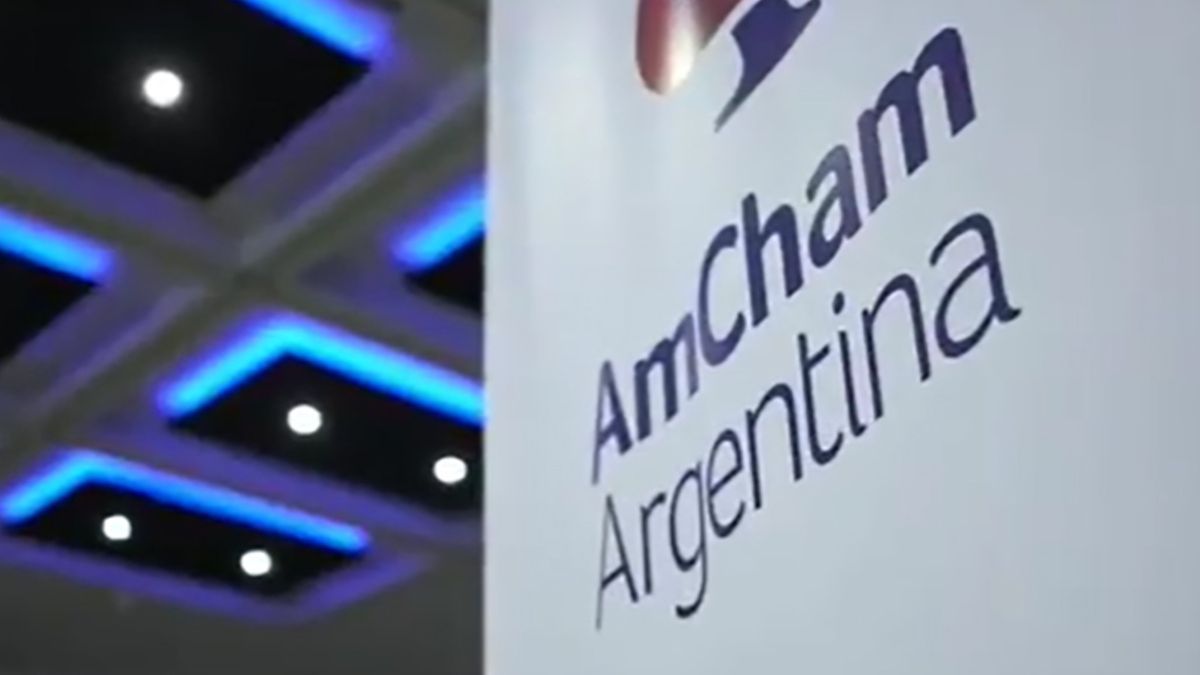It is supposed to be the successor to the popular 9-euro ticket, but there is a dispute about the financing of the 49-euro ticket. And: A start is only possible in spring
Millions of passengers are increasingly being put to the test of patience with the planned Deutschlandticket in local and regional transport. Due to open financial issues, the introduction of the new ticket for 49 euros per month could be delayed until spring. The Association of German Transport Companies now considers introducing the ticket until May 1st to be realistic. The association had previously described March 1 as feasible. Federal Transport Minister Volker Wissing (FDP) originally stated that the goal for the introduction was early 2023.
On Tuesday, the transport ministers of the federal states and the federal government wanted to discuss open questions, the main focus being on financing. Wissing told the Funke media group: “There is a unanimous decision by the Prime Ministers’ Conference that binds everyone. It is important that this is now implemented quickly and that new things are not constantly being discussed.” The aim is to introduce the ticket as quickly as possible in the coming year.
The federal and state governments each pay half
The digital Deutschlandticket, which is valid nationwide, is planned for an introductory price of 49 euros per month in a subscription that can be canceled monthly – that has been decided in principle. It is the successor to the 9-euro ticket from the summer that sold millions of times.
The federal and state governments have agreed to each finance half of the offer. If it is introduced at the beginning of the year, a total of three billion euros per year will be used to compensate for loss of revenue from transport providers. If a start on January 1, 2023 does not work, the financial contributions would be reduced proportionately. Under pressure from the federal states, the federal government had also permanently increased funds for local transport.
However, the Association of German Transport Companies criticizes that the federal and state governments have put a lid on the financing of the Germany ticket. There is no so-called obligation to make additional payments if the costs should rise – these then remain with the companies in a situation that is already tense due to high energy costs.
Monthly cancellation
The fact that the Deutschland-Ticket can be canceled on a monthly basis alone leads to considerable additional income risks, explained general manager Oliver Wolff on Tuesday: “The federal government cannot shift this economic risk completely to our industry.” Public transport tariffs would have to be approved in Germany. “And no competent authority will approve a tariff whose counter-financing is unclear in part.”
The longer the federal and state governments leave this financing question open, the later the ticket can be introduced. “According to the current assessment of the political processes, an introduction of the ticket on May 1st seems realistic to us,” said Wolff. He called for a clear political decision that the complete loss of income caused by the Germany ticket would actually be compensated by the federal and state governments.
The Federal Association of German Bus Operators demanded that the federal and state governments not only have to agree on an obligation to make additional payments in a legally binding manner in a timely manner, but also a guaranteed loss compensation for the transport companies.
The Rhineland-Palatinate Transport Minister Katrin Eder (Greens) said on the radio program SWR Aktuell that there are estimates that the ticket will cost a total of 1.5 billion euros more than originally estimated by the federal government. She would like the federal government to take over, since the federal states are facing significant problems: “Energy costs have gone through the roof, as have the wages for bus drivers and train drivers. The costs for public transport are simply getting out of control.”
The FDP transport politician Bernd Reuther, on the other hand, called for action on the part of the federal states. The federal government provides additional money for the ticket, he said. “It is now up to the countries to follow through on their promises and to make their contribution to the success of this project.” In times of budget surpluses in different countries, the resources should be there.
Worry about funding gaps
SPD parliamentary group deputy Detlef Müller said that the federal, state, local authorities and local transport companies must seek solidarity and come to an agreement quickly. The 1.5 billion euros promised by the federal and state governments should be available next year regardless of the specific date of introduction and should not be reduced proportionally. “The concern about financing gaps would be taken away from local transport companies and municipalities.”
Union parliamentary group leader Ulrich Lange (CSU) said there were increasing warnings about canceling public transport services, especially in rural areas. “The dream project of the traffic light government simply does not match the reality of the transport companies and municipalities.”
The transport ministers also wanted to discuss an application by the presidency of Bremen to abolish the obligation to wear a mask in public transport nationwide in order to introduce the planned 49-euro ticket – if the pandemic situation allows it. The CDU transport politician Thomas Bareiß said: “While there is no longer any obligation in airplanes, cinemas and public spaces, users and employees of local public transport as well as regional and long-distance travel still have to wear a mask.”
Source: Stern
Jane Stock is a technology author, who has written for 24 Hours World. She writes about the latest in technology news and trends, and is always on the lookout for new and innovative ways to improve his audience’s experience.




